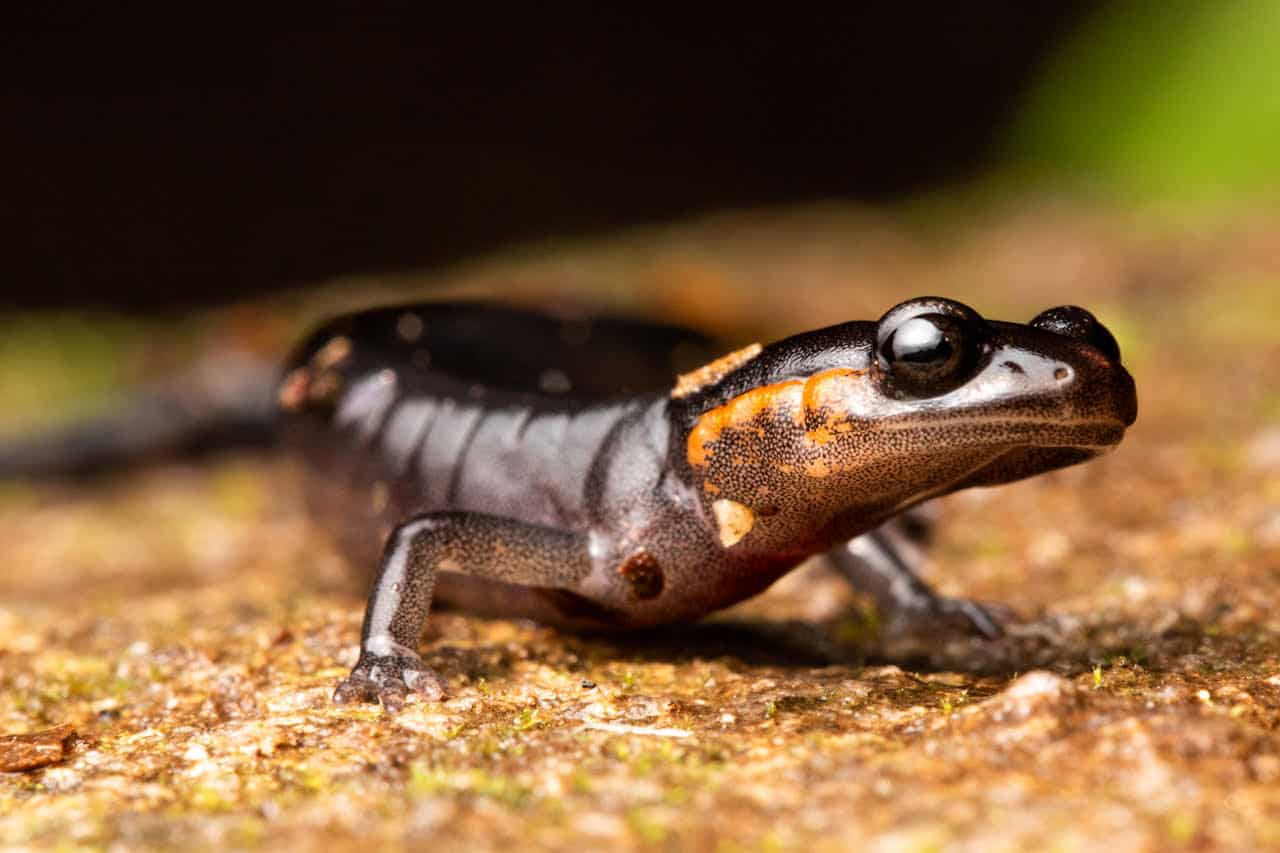
Leveraging student power for wildlife disease surveillance… and learning too!
The Student Network for Amphibian Pathogen Surveillance (SNAPS) leverages student-power to conduct ongoing and cost-effective Bsal surveillance by incorporating surveillance into undergraduate curriculum. Early detection of wildlife disease is inherently...
Hosted By: Wildlife Diseases Working Group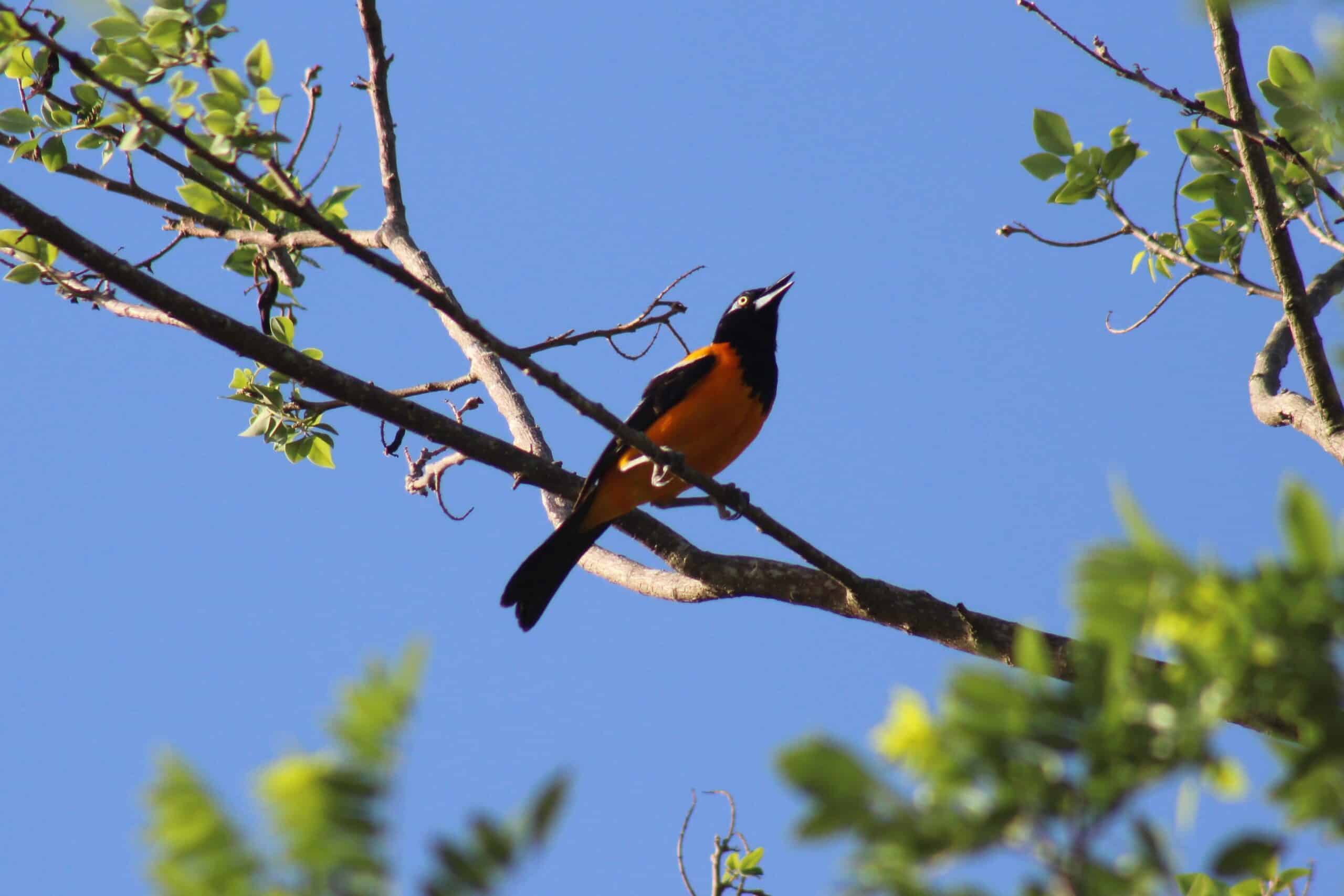
Animal Seed Dispersal Is Key for the Restoration of Tropical Forests
Join TWS’ Habitat Restoration Working Group for a webinar discussing seed predators in tropical forests. Sergio Estrada, from the Universidad del Rosario, Bogota, Colombia, will show how different groups of...
Hosted By: Habitat Restoration Working Group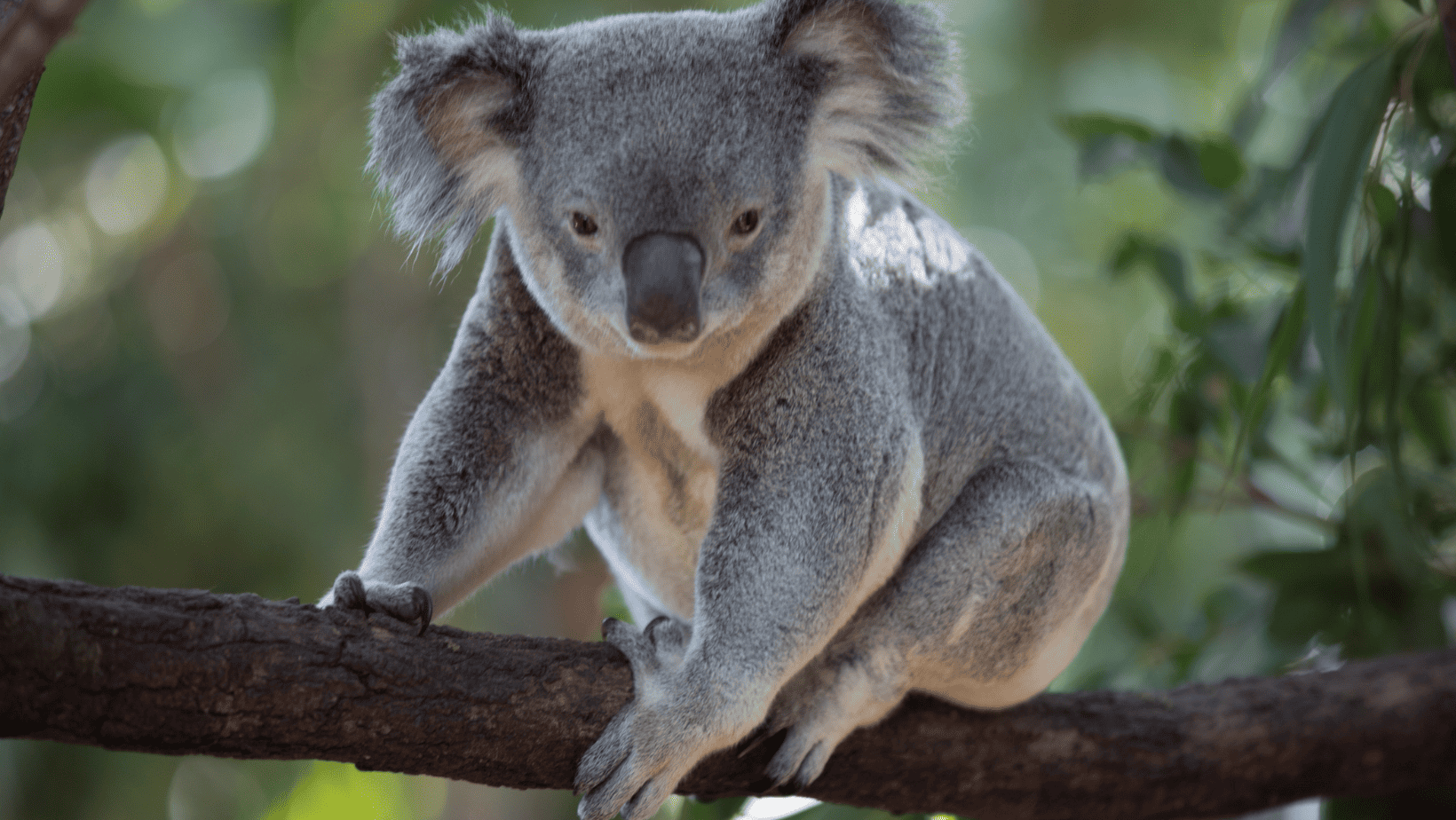
Changes in the nutritional landscape after forest disturbance – implications for koalas
The koala (Phascolarctos cinereus) is an Endangered Australian marsupial that specialises in eating leaves from a variety of Eucalyptus species. One of the key threats to koalas is the ongoing loss or...
Hosted By: Nutritional Ecology Working GroupPAID AD

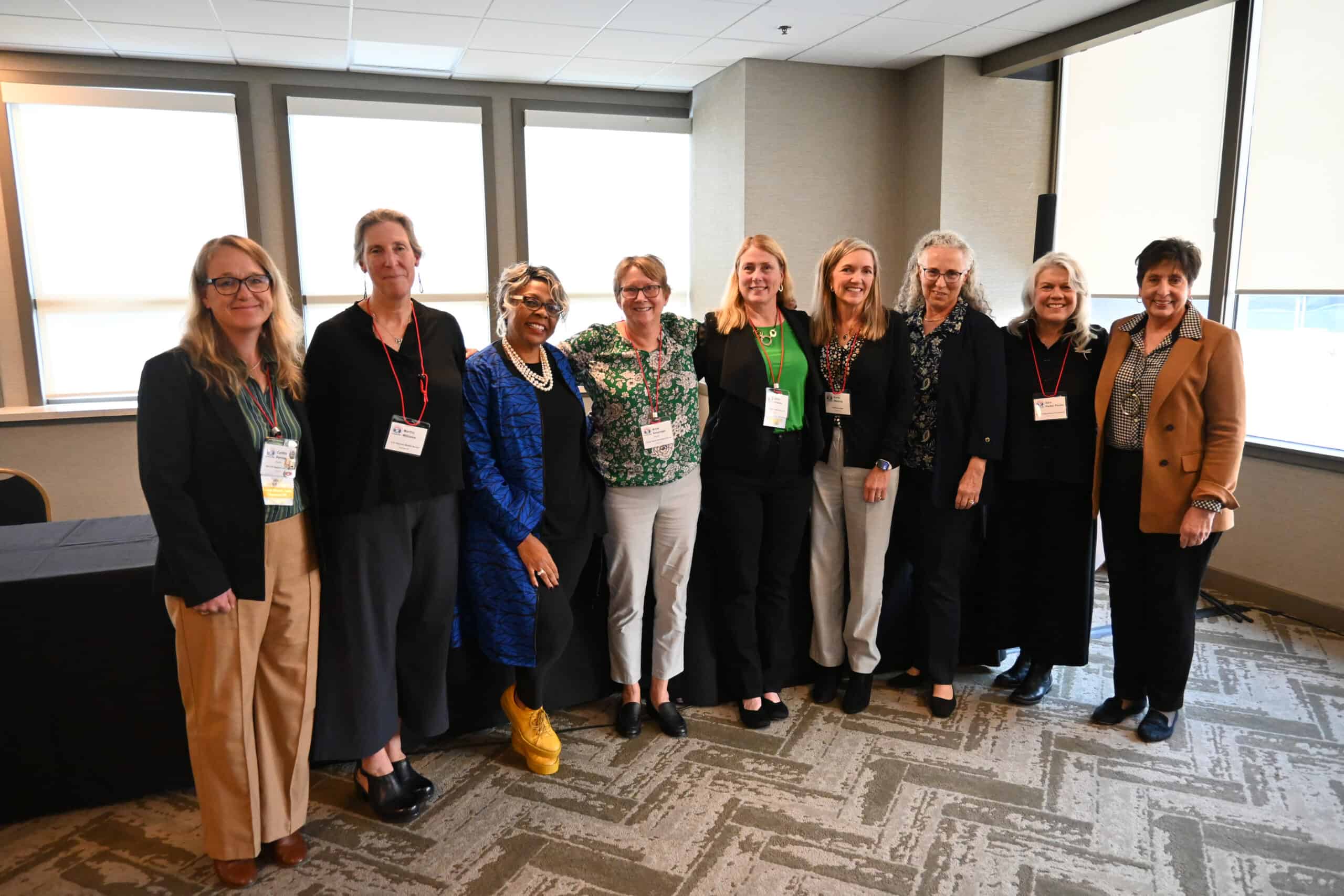
Conservation Leaders on Mentoring the Next Leaders
Tuesday, Dec. 12 at 1:00 p.m. Eastern The webinar will feature guest speaker Sara Parker Pauley, Director of the Missouri Dept. of Conservation, one of the amazing women conservation leaders...
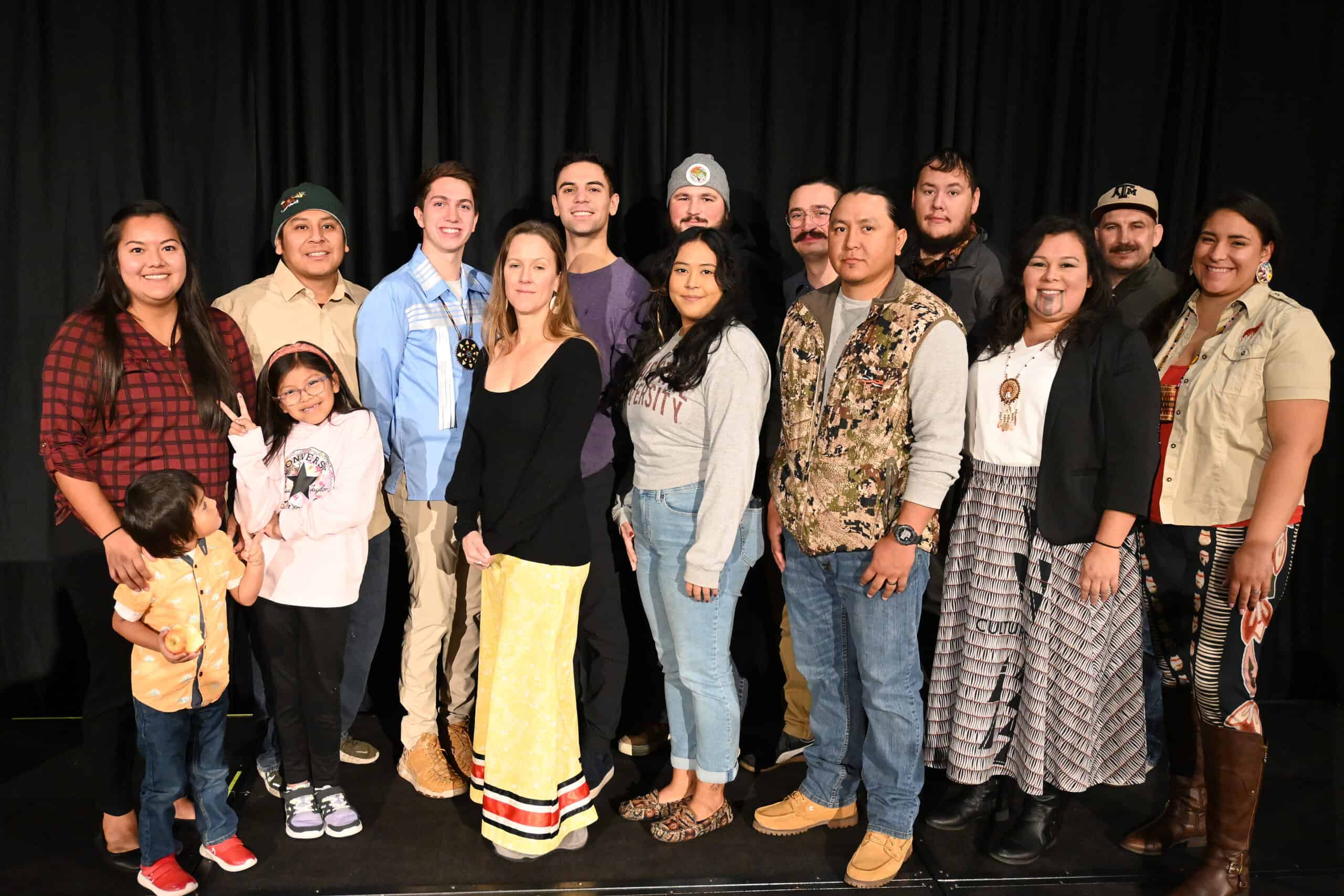
The Native Student Development Program: Where It’s Been and Where It’s Going
In this webinar, we will highlight the Native Student Professional Development Program that is part of the Native Peoples’ Wildlife Management Working Group of TWS. We will go over the...
Hosted By: Native Peoples’ Wildlife Management Working Group
Field Biosafety Levels: A Risk-Based Solution Across Scientific Disciplines
In the wake of the COVID-19 pandemic, the critical interface between humans and animals has garnered significant attention in both media and legislative circles. However, the absence of standardized guidelines...
Hosted By: Wildlife Diseases Working GroupPAID AD


Mental Health in the Field of Natural Resources: Finding Ways to Enhance our Mental Health Ecosystem
Join the North Central Section and the Student Development Working Group to learn more about mental health in the natural resources field. In this discussion we’ll hear short presentations from...
Hosted By: Student Development Working Group
How to integrate DEI into Wildlife and Natural Resource Curricula
This interactive workshop is geared toward college and university educators in Fish and Wildlife, Natural Resource, and related fields. Presenters and participants will share strategies for infusing DEI work into...
Hosted By: College and University Education Working Group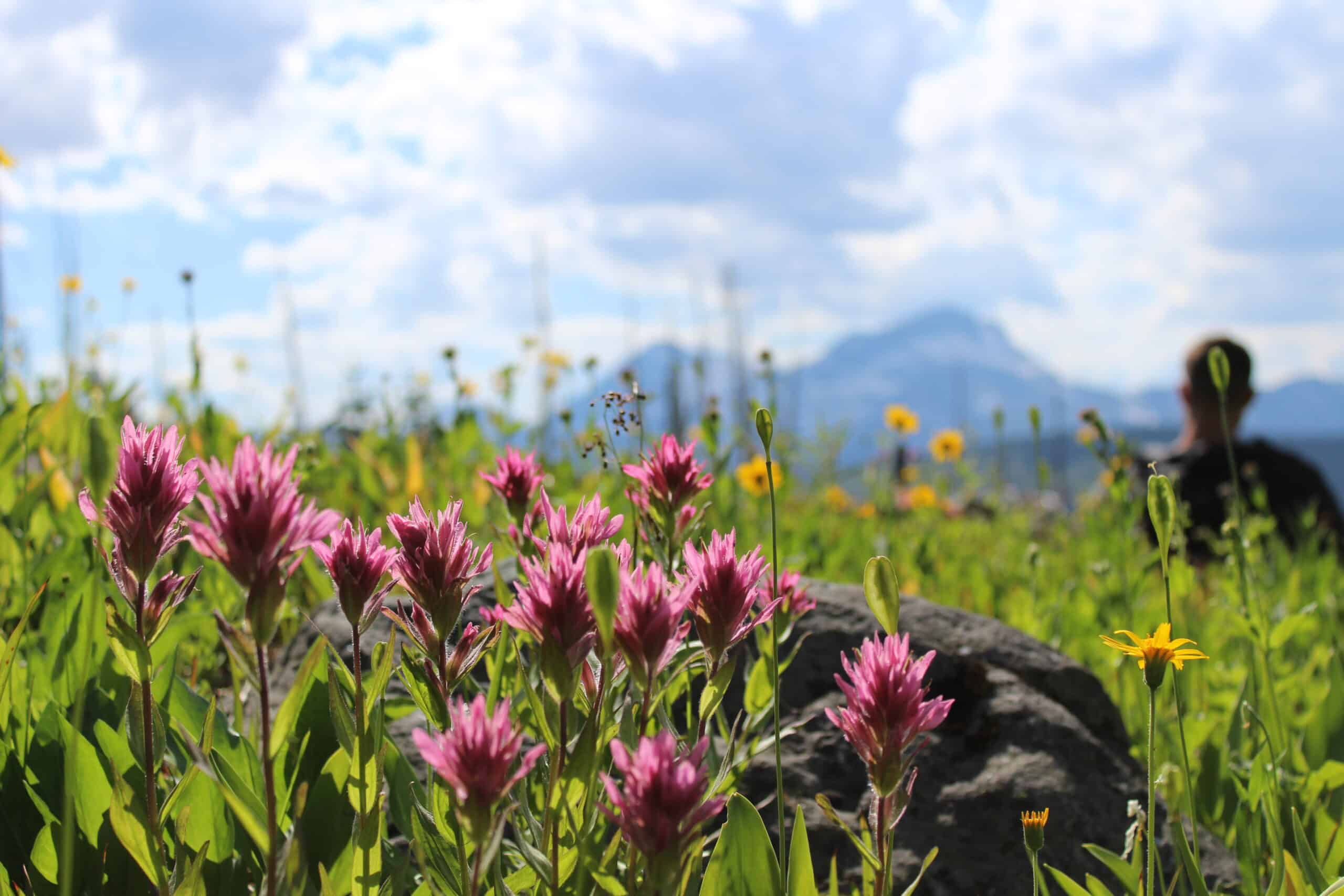
The Role and Relevance of Wildlife Damage Management for Wildlife Students and Professionals
What is wildlife damage management and why is it important to wildlife students and professionals? In an increasingly urban world, humans alter habitats, which can have negative impacts on wildlife...
Hosted By: Wildlife Damage Management Working Group



